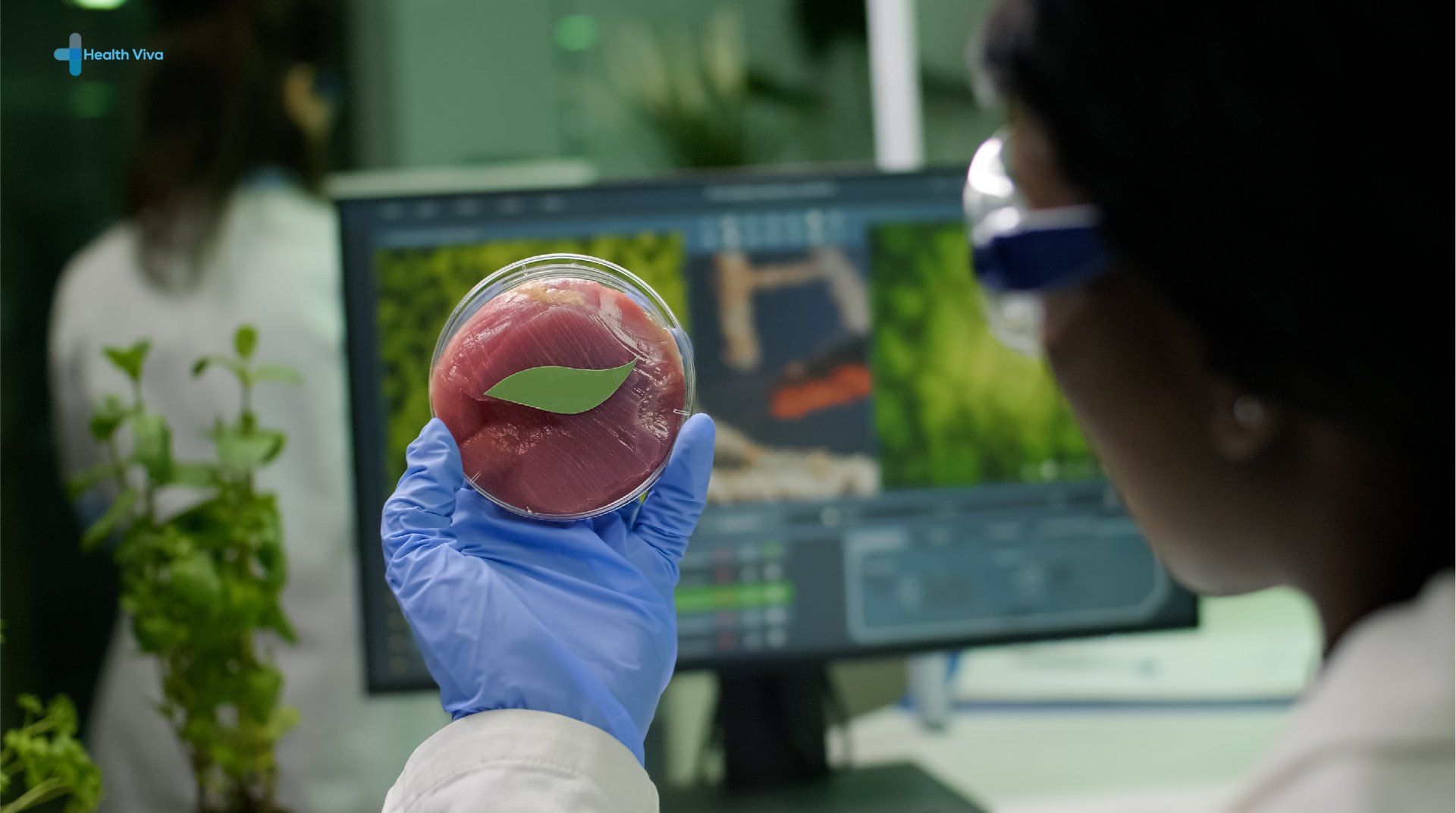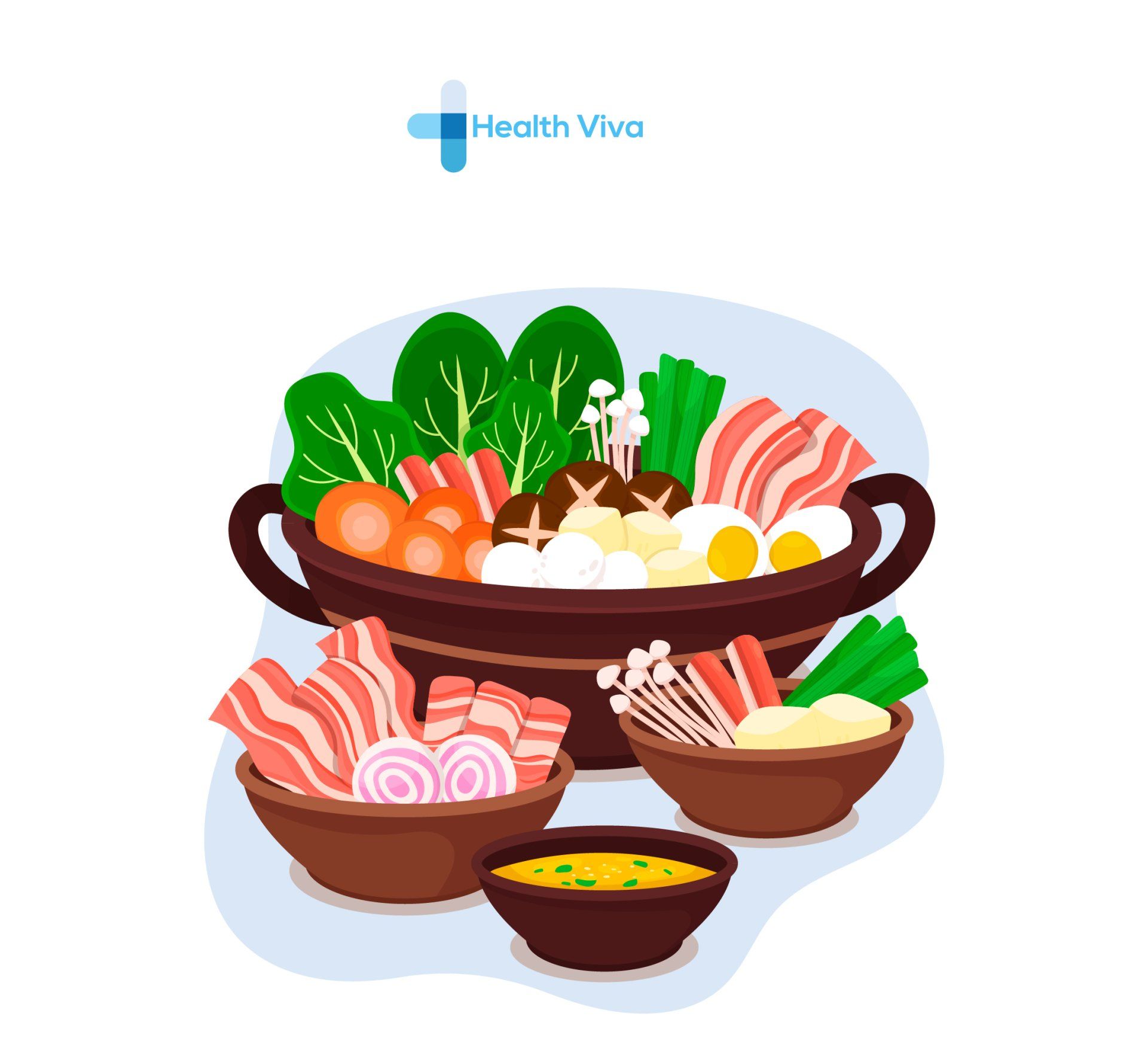How Alternate Meat is helpful for the planet and on the human health?


Let’s first understand how eating meat might be hazardous for environment
Producing meat is resource intensive activity, to put this in perspective when a land is used to raise certain animals that’d be used to consumed instead of crops a good amount of water and soil are lost.
They are considered balanced
Alternate meats are also considered healthy as they are usually free of cholesterol, though some may be high on sodium and saturated fats.
Another advantage is against the sensitivities, that some people report from the growth hormones and antibiotics some time given to the animals, however a plant-based meat is considered safer in that regards.
Although it might be considered made from plants, they still at the end of the day are processed foods.
As per an article published in sciencedirect.com:
From a food safety point of view, the microbiological profile of analogs is found to be comparatively better than meat products in many studies. However, this is largely determined by the initial load as well as processing conditions adopted.

Market Early Movers
As per a report by CB Insights the Global Meat Market which is having a potential to reach $2.7T by 2040 is already seeing signs of disruption, by number of players entering this space with alternative meat options
Some of the companies who became famous in this industry are –
- Beyond Meat that began selling beyond chicken which was released in whole food market chains. They also made tie ups to start selling at some of the restaurants like Del Taco, Subway, and most recently KFC.
- Impossible Foods successfully partnered with Burger King, Qdoba, and dozens of other restaurants and franchises
- Morningstar Farms is a division of the Kellogg Company, produces vegan food. Many of their offerings are plant-based variations of traditional meat products
- The Vegetarian Butcher produced quality meat but not produced from animal. The products made by them are sold in over 4000 outlets in 17 countries.
- Atlas Food is producing mushroom-based bacon using networks of mycelium fibers. This company has successfully created a blank canvas of edible, protein-rich tissue, which is then mixed with fats, flavors, and other ingredients to produce the desired meat alternatives.
- Good catch is making plant-based seafood by using a proprietary blend of legumes and farmed algal oil providing an unbeatable similar taste of the seafood with a dose of omega-3 fatty acids
- Daring food is working around making plant-based alternatives to chicken, which looks, cooks and tastes like chicken.

Some of the exciting news in this space –
The market for alternative meat, eggs, dairy and seafood products is predicted to reach at least $290 billion by 2035, according to research by Boston Consulting Group and Blue Horizon Corp.
New Age Meats bites into $25M for cultured meat product line development
Ripple Foods raised $60 Million to make new dairy-free products out of Peas
Last Year Plant based Vegan cheesemaker closed $12 million funding round
Back last year, Nestlé launched plant-based innovations around the sea food market
Food Companies Praised for Growing Adoption of Sustainable Protein Targets Following Five-Year Investor Engagement: FAIRR Initiative
FAIRR’s research also indicates that 2021 is “the year of cultivated meat.” Cultivated meat is an animal protein produced by culturing animal cells in a lab and then using a bioreactor to replicate the cell tissue structure of the meat. This means these products offer a genuine animal protein source that doesn’t require the slaughter of animals or use of antibiotics in livestock, emits fewer greenhouse gas emissions and uses less water and land.
Investment in cultivated meat technology also grew sixfold to reach $366 million in 2020, a total already exceeded in 2021, which so far has seen investment of $506 million into cultivated meat firms.
Read the full article here
To conclude right from selling burgers to sausages, alternate meat will come in same shape, texture, color and taste. One must be the flexitarian and try out these great sources of essential nutrients.
If you have a similar story or you are working on streamlining your pharma commercial operation, please feel free to share your story with us. You can reach us at healthviva@taliun.com
Adios!
Team HealthViva





